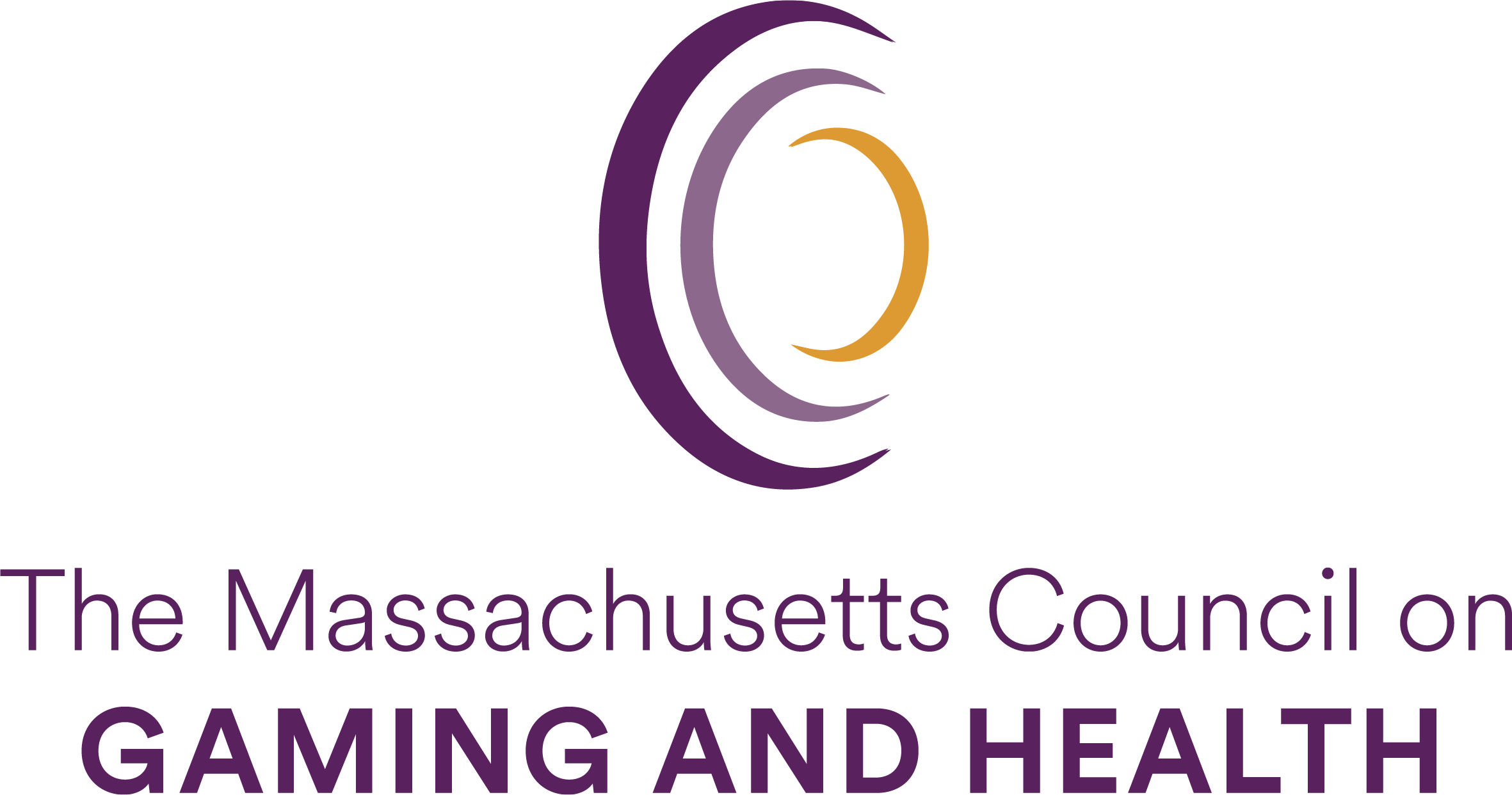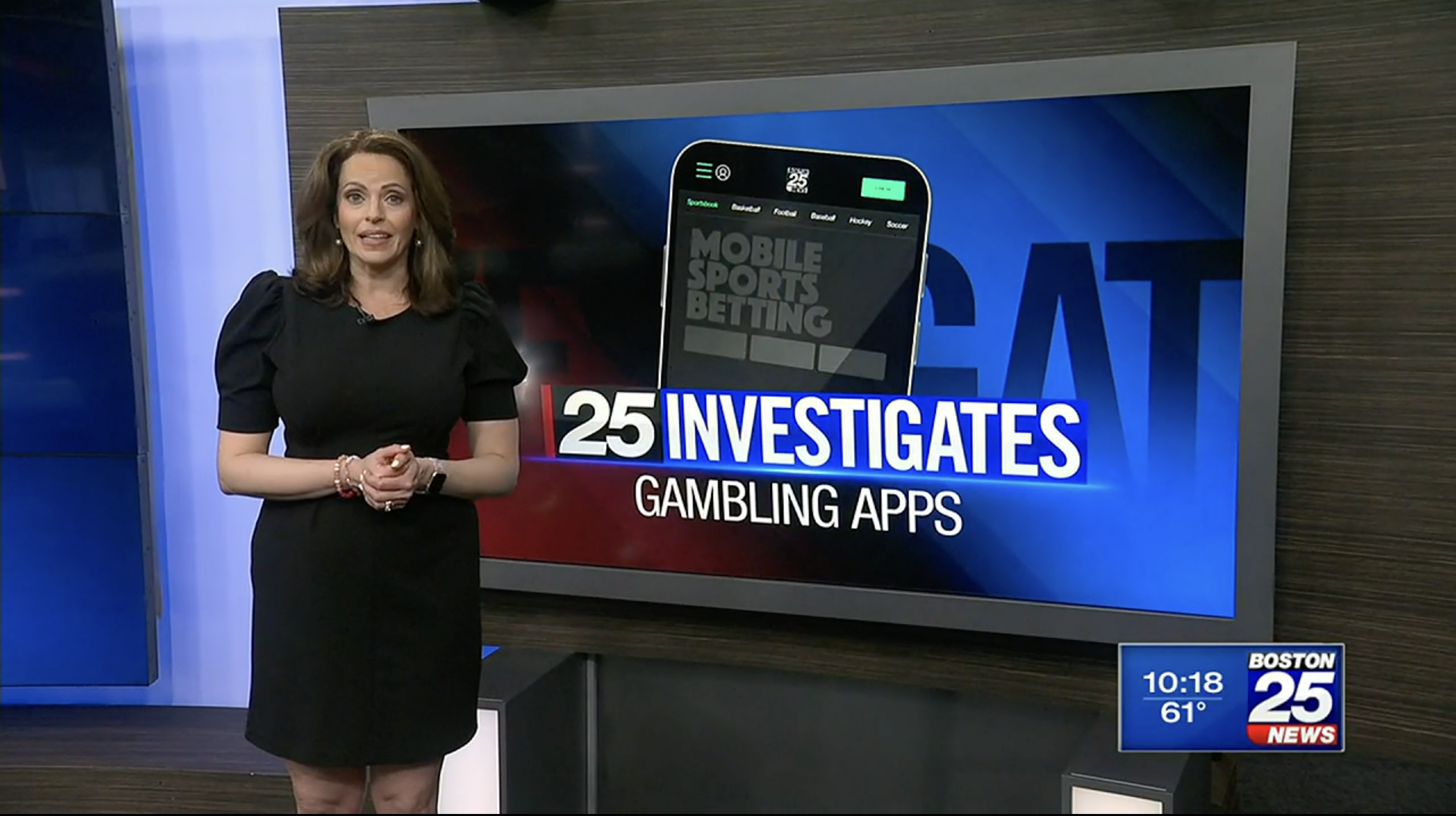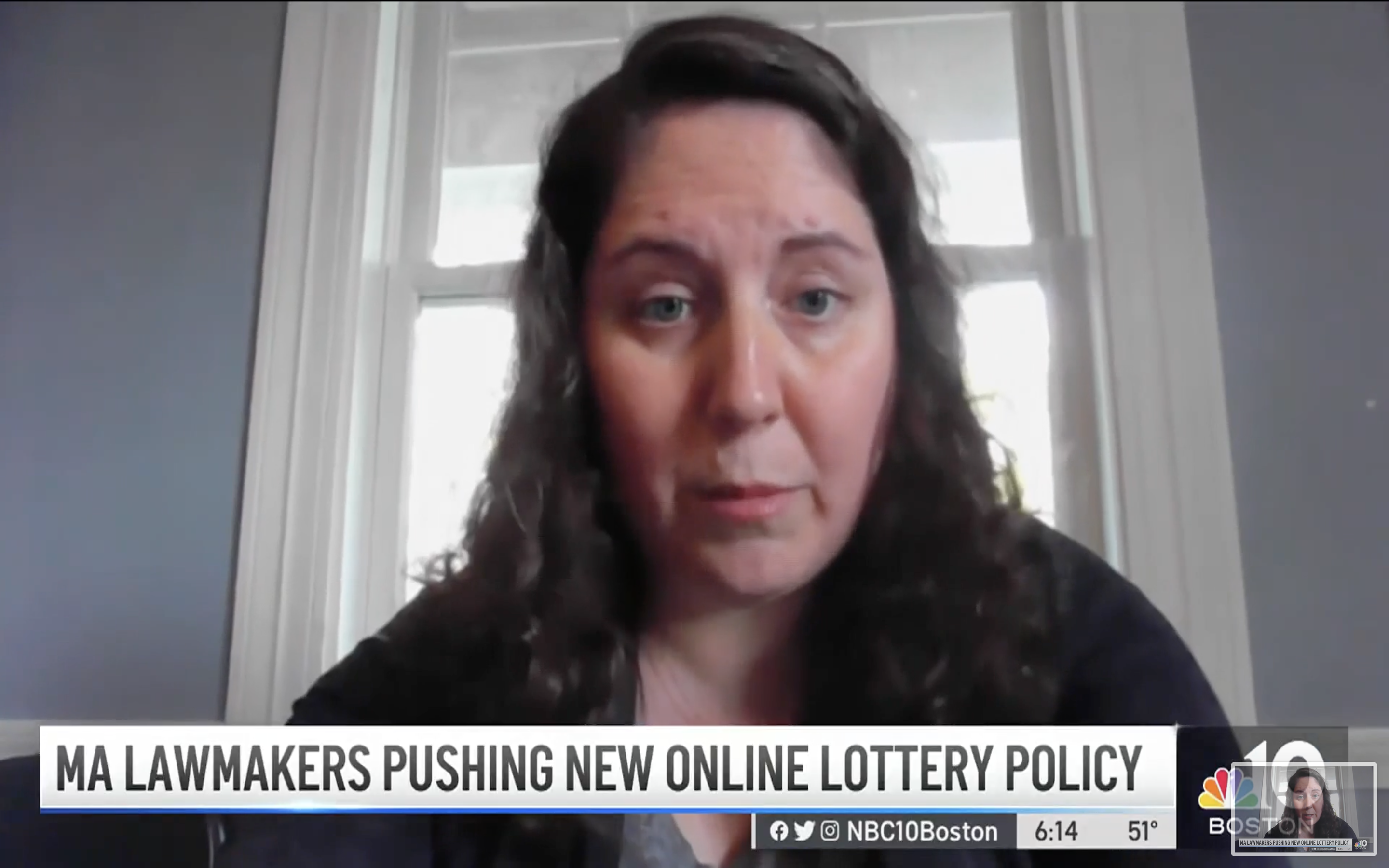
Don’t fumble your opportunity to discuss gambling addiction
As parents and guardians, we want to protect our children from life’s many risks. This instinct spurs us to have coming-of-age conversations about risky behaviors: drinking, vaping, and drug use. We take a similar approach when addressing kids’ changing bodies and relationships. We try to hone in on these teachable moments to encourage safe, healthy decision-making.
One potentially dangerous behavior that may not cross your mind is gambling, which has skyrocketed in popularity among kids and teens alike. Problem gambling, also known as gambling disorder, is an urge to engage in gambling activities, disrupting homes and workplaces.
These days, watching sports without hearing or seeing gambling promotions is like turning on sports radio and not hearing about Tom Brady’s retirement. Super Bowl Sunday is one of the biggest betting days of the year — over half of Americans are estimated to wage on the big game, totaling around $4.3 billion. There’s also been an uptick in the volume of gambling-related advertisements, capturing the thrilling rush of sports betting now legal in over 30 states. Of course, our kids are watching the same ads. The good news is that this abundance offers countless opportunities for adults to kickstart a conversation about problem gambling.
With the spawn of sports betting and online gaming, the number of minors sidling up to gambling activities has surged nationally. About 70% of 14 to 19 year-olds reported gambling in some form in 2019. And 6.5% of kids and teens are at risk of developing or have a gambling problem.
Youth gambling takes many forms. It could be students betting on shots during pickup basketball. Or friends who strike up Saturday night poker tournaments or wager on football scores. An increasing amount of youth gambling happens behind the glow of screens on online fantasy leagues or video game platforms. Gambling is even impacting youngsters as little as 8 or 9 downloading flashy-looking slot machine apps onto phones and tablets. While gambling and sports betting is illegal for everyone under 18, it hasn’t stopped kids from using a parent’s credit card or finding ways to skirt around the rules.
Some adults might brush off these activities as innocent entertainment. Bets could be just nickels and dimes, right? Studies indicate that these early behaviors and “wins” today cascade into a slippery slope, increasing the likelihood of problem gambling in the long term. Children introduced to gambling by age 12 are four times more likely to become adults who struggle with gambling addiction. Early gambling spikes dopamine levels in the prefrontal cortex, which has not fully developed to weigh risks and consequences. Instead, these early thrills cause the body to seek higher highs over time.
These children — and children whose parents struggle with gambling — are also more likely to drink and use drugs. Lost bets might start as an allowance or lower test grades, but like problem gambling for adults, can spiral into jeopardized scholarships, dashed job prospects, and legal ramifications. Gambling addictions can also pose liabilities to employers. Problem gamblers often look for individuals and entities they can quickly access money from to relieve financial distress.
Honest, open communication can help you learn more about your child’s exposure to gambling. Maybe that conversation starts during a timeout or commercial break this Sunday. As the mother of teenagers, I know the possible reality of closed doors and blank stares in those moments. Stick with it. Find opportunities to share that underage gambling is illegal and that statistically, gambling results in more losses than wins. Underscore the risks of gambling.
Watch out for warning signs, like kids who spend more time than usual online, seem more anxious, are missing class, or give questionable explanations for new items or lost money. Keep a close eye on bank accounts and if children are borrowing or stealing from family and friends. The same goes for colleagues and employees at work; they’re someone’s son or daughter, too. The Massachusetts Council on Gaming and Health offers resources on identifying the signs of problem gambling and how to help. Parents and guardians are welcome to connect with trained professionals on our LiveChat or call 1-800-GAM-1234, 24/7.
Testing limits is part of growing up. Gambling can be exciting and entertaining, but like wine or beer, it’s for adults only and if started early, can pose concerns down the road. So whether your family is cheering for the Rams or Bengals — or wishfully hoping that Tom Brady comes back to the Pats, consider adding a conversation about gambling risks into your Super Bowl game plan.
A mom of three, Marlene Warner is the Executive Director of The Massachusetts Council on Gaming and Health.




